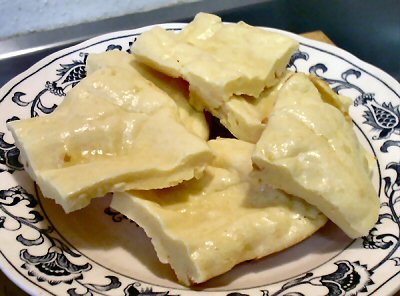What to Eat After
1. Carbohydrates:
- Carbs are the primary source of energy for your muscles. After a workout, your muscles are depleted of glycogen (stored carbs), so it's crucial to replenish them.
- Choose whole grains, fruits, vegetables, or other high-carb foods.
2. Protein:
- Protein is essential for muscle repair and growth. It helps rebuild and strengthen your muscle tissues after exercise.
- Good protein sources include lean meat, fish, eggs, dairy products, legumes, and plant-based proteins like tofu and tempeh.
3. Healthy Fats:
- Healthy fats can slow down the digestion of carbs and proteins, helping you feel full and satisfied. They also contribute to overall health.
- Choose sources such as avocados, nuts, seeds, olive oil, and fatty fish like salmon.
4. Fluids:
- Staying hydrated is crucial for overall health and recovery.
- Drink plenty of water or sports drinks to replenish the fluids lost through sweating.
5. Electrolytes:
- Electrolytes, such as sodium and potassium, help maintain fluid balance, nerve function, and muscle contractions.
- Sports drinks or coconut water can provide electrolytes, especially after intense or prolonged workouts.
6. Timing:
- The ideal time to eat after a workout is within 30-60 minutes. This window is known as the "anabolic window" when your muscles are most receptive to nutrient uptake.
7. Personalized Needs:
- Adjust your post-workout meal based on your individual goals and workout intensity. If you're looking to gain muscle, you may need more protein. For weight loss, focus on balanced nutrition and moderation.
8. Balanced Meal:
- Aim for a balanced meal that includes a combination of carbs, protein, healthy fats, and micronutrients from fruits and vegetables.
9. Experimentation:
- Everyone's body responds differently to foods. Experiment with different post-workout meals and find what works best for you in terms of recovery, energy levels, and overall well-being.
10. Overall Diet:
- Remember that single meals don't define your overall health. Focus on a balanced, nutritious diet that supports your fitness goals and lifestyle in general.
It's important to listen to your body's cues and adjust your nutrition based on your individual needs and preferences. If you have any specific health concerns or conditions, consult with a registered dietitian or healthcare professional before making significant changes to your diet.
-
LAYERED NACHO DIP
LAYERED NACHO DIP1 serving taco meat, reheated1 serving Quick Nacho Ch
-
BANANA
BANANA-BERRY SMOOTHIE1 banana, sliced6 ounce container sugar free yogu
-
FAUX ATKINS PEANUT BUTTER BARS
LCMILLER461S FAUX ATKINS PEANUT BUTTER BARS1/2 cup natural peanut butt
-
RITZY CRACKERS
NANCYS RITZY CRACKERS3/4 cup almond flour, 3 ounces1/4 cup Carbquik ba
-
PARMESAN GARLIC THINS
JANICES PARMESAN GARLIC THINS1/2 cup almond flour, 2 ounces1/4 cup par
-
Garlic Pita Chips



